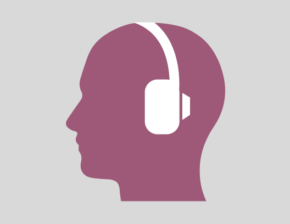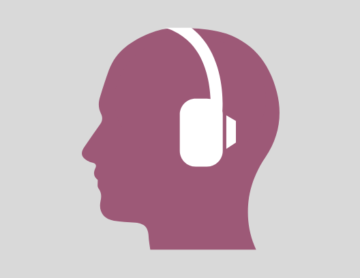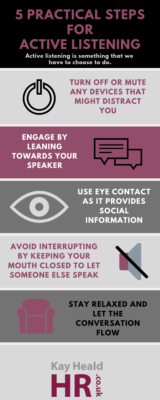Have you ever been in conversation with someone while:
- texting another
- thinking about what you are going to say next
- deciding what you are having for dinner
or
- all the above
How conscious were you of listening?
According to sound and listening expert, Julian Treasure, we listen through filters which are as unique as our fingerprints. These filters are developed throughout our lives and are influenced by language, culture, values, experiences and emotions. It is these filters which help determine what we choose to listen to, how we listen and then how we interpret the information we receive.
There is a huge difference between hearing and listening. Hearing is an ability, either directly through our ears or through devices to enhance sound, whereas listening is a skill that also requires complex brain processing. Listening is, without doubt, an extremely important business skill. Listening is key to effective working relationships among employees and between management and staff. The ability to not only listen, but to listen consciously and actively is essential to working successfully in different groups and teams. Well-developed listening skills impact interactions within businesses as well as external relationships with customers and suppliers.
Why, therefore, are so many people so bad at conscious listening?
There are four key reasons:
- Our modern society favours talkers over listeners – listening is often seen as being submissive and talking is often seen as being dominant
- When we are children we are frequently told to listen, but not taught HOW to listen.
- We can think faster than someone else can speak. Most of us speak at the rate of about 125 words per minute. However, we have the mental capacity to understand someone speaking at 400 words per minute – this causes our mind to wander.
- Operating in an online, multi-tasking world we are often inundated with information and frequently distracted, rendering us less able to concentrate and think deeply, which weakens are capacity to listen.
However, when we take charge of our listening and practice it, like we would exercising a muscle, we can significantly improve our listening abilities which can, in turn, impact every aspect of our lives both inside and outside work.
How can you improve your own listening skills?
Try these 5 Practical Steps to enhance your ability to listen when in conversation:
- 1. Turn off or mute your devices before engaging in a conversation
- 2. Physically lean towards your speaker to show you are paying attention
- 3. Use eye contact to provide extra visual and social information
- 4. Keep your mouth closed to avoid interrupting the other speaker
- 5. Stay relaxed – to help with your concentration
I challenge you to practice these and see what a difference they make – here’s a handy little infographic to help you!



